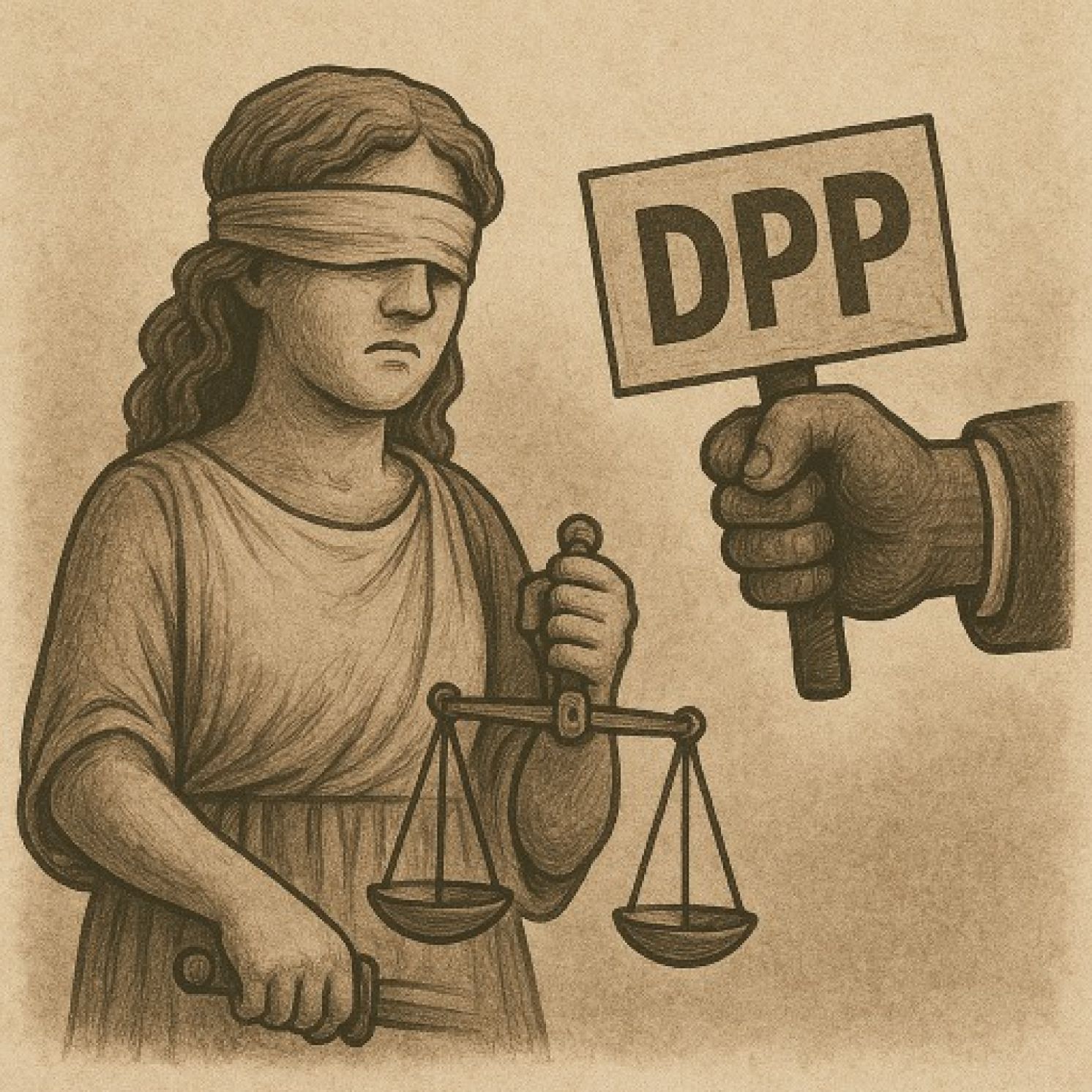
Judiciary Cooperating with Ruling Party's Political Purge, Forcefully Criminalizing the Opposition
China Times Editorial, April 20, 2025
"Political persecution, judicial injustice, interference in party primaries"—these are not accusations made by the opposition Kuomintang (KMT) or Taiwan People's Party (TPP) but by Democratic Progressive Party (DPP) Legislator Lin Tai-hua. She was actively running in the DPP's Kaohsiung mayoral primary when prosecutors summoned her for questioning and searched her office on allegations of illegal political donations and assistant salary fraud. Legislator Lin claims this was retaliation from the New Tide faction—a political purge disguised as legal action—and that she has become a casualty of intra-party factional warfare.
Selective Prosecution and Judicial Injustice
Recently, multiple cases have raised alarms about political interference in the judiciary—or vice versa. The KMT's Taipei branch office was searched by prosecutors under allegations of forged signatures in a recall campaign. Its chairperson, party staff, volunteers, and even ordinary participants were questioned, detained, or released on high bail—some as high as NT$500,000 (about US$15,355). The KMT and many legal experts see this as clear evidence of selective prosecution: harsh treatment of the opposition while turning a blind eye to similar misconduct by the ruling party.
Both the KMT and DPP have had false entries in their recall petitions, yet the authorities have aggressively pursued the KMT while overlooking issues on the DPP's side. Notably, a DPP suspect in a spy case was released on NT$200,000 (about US$6,142) bail, while KMT members in a forged petition case had to pay NT$500,000. It seems investigating petitions is now treated more seriously than tracking down espionage. The prosecution has effectively become a "national recall task force," fully aligned with the DPP's mass recall efforts. With KMT leaders detained or hospitalized from the pressure, who would dare lead another recall against DPP legislators?
This erosion doesn't just impact one party or one political campaign—it deeply undermines public trust in the judiciary and chips away at the foundations of democracy and the rule of law. Since President Lai Ching-te took office, the prosecutorial system has repeatedly overstepped its role, becoming a sword used by the executive to suppress the legislature and punish the opposition. The judiciary has been weaponized, pushing Taiwan ever closer to authoritarianism.
The judiciary is meant to be the final line of defense for democracy. Prosecutors and investigators, though part of the executive branch, must uphold independence, never serving political interests or becoming enforcers for the ruling party. Only when the judicial system stands firm—acting with fairness, conscience, and objectivity—can Taiwan's democracy be protected from darkness and fear.
A Politicized Judiciary Darkens Democracy
To win the "mass recall" battle, the DPP is ramping up its use of legal tools to crush the opposition. Prosecutors have aggressively searched KMT offices in Tainan, Taipei, New Taipei, and even the Hualien County Government. Local officials have been detained. Traditionally, the judiciary avoids involvement in politically sensitive cases like elections, but the Lai administration appears to be doing the opposite: pursuing minor allegations with significant force and revealing clear political motivations.
Recall the 2020 case involving the recall of then-Kaohsiung Mayor Han Kuo-yu. Though the petition organizers were accused of document forgery, the Kaohsiung District Prosecutors' Office declined to prosecute, citing that petition reviewers had no way to verify death records or ID numbers. The logic was clear: recall petitions are administrative matters, and intent to forge was difficult to prove. Today's prosecutions against KMT personnel defy that precedent—treating them like criminals, driven more by political fervor than legal principle.
Justice and fairness disappear when the judiciary becomes a tool for political revenge. The "mass recall" has become a "mass purge," with the DPP acting as the chief enforcer. If the public remains silent, the transformation of Taiwan's legal system into a partisan "Eastern Depot" will become a reality.
Under martial law, Taiwan's judiciary was once a tool to suppress dissent and consolidate power. Only through democratization did it gain independence. However, since the DPP took complete control—and especially under President Lai—the judiciary's hand has again been extended to assist in political purges. If this abuse of power during the recall campaign is not checked, prosecutors will increasingly resemble secret police, and the rule of law will further decay.
Silence is not an option. If we do not speak up today, no one may speak for us tomorrow.
From: https://www.chinatimes.com/opinion/20250420002706-262101?chdtv
〈Back to Taiwan Weekly Newsletter〉